With graduation just a few months away, 3L Sophia Dinkel took a break from post-law school planning to offer words of wisdom to future Jayhawk lawyers-in-training.
As a 3L departing from law school in May, here are a few tips that I have picked up throughout the years.
- Get to know professors interested in the work you are interested in. They are great, very knowledgeable and will often times help you get a job.
- Take classes you enjoy. Enjoyable classes make the work much easier.
- Get to know your classmates! They are wonderful people and may also help you get a job.
- Make friends! The people in your class are the ones who will get you through the ups and the downs of law school.
- Do a clinic or two. They are good opportunities to get real-world experience.
- Be open. Your ideas about what you want to be when you grow up may change. Embrace it. You can be any kind of lawyer you want.
- Don’t pick a legal field for the money; pick one because you find it fascinating.
- Go to law school events! They are fun and a good way to meet other law students. Remember, they are going to help you get jobs. 😉
- Maintain a hobby. Law school is a lot of work, but find or maintain a hobby that keeps you sane. It will help your mental health and give you something interesting to talk to employers about.
- Join an organization you are interested in. Don’t join organizations for resume builders.
- If you see a program or event or opportunity that interests you, do it.
- Apply to that job, even if it seems like a far fetched plan. You never know what an employer is looking for. It could turn into the best job you’ve ever had.
- Find your study zone, whether it is at home, the library, a coffee shop. Find the place where you study best
- Don’t eat pizza every night. While it is tempting (law school events always have pizza), you will regret it later.
- Visit Career Services. They are great. Make them your friends and refer back to #3.
- Buy the law school gear. Its cool to sport it around town.
- You will make it through 1L year. We all did it, and you will too!
- Go to a law school where you feel comfortable. KU Law has a great laid back culture and is the perfect place to call home.
- Go to the firm meet-and-greets. It is always good to get your name out there and meet new people!
- Take care of your mental health, and practice good mental health tactics. Refer back to #9.
- Be open to new and different classes and experiences. You may just find something you love.
- Don’t just resume build.
- Use your resources! This could include study groups, professors, research librarians, online resources, etc.
- Do that interview! Even if it is just for practice.
- Use Jayhawk nation to help you find a job or get that introduction. They are great people and love KU Law.
— Sophia Dinkel is a 3L and KU Law Student Ambassador from Norman, Oklahoma.
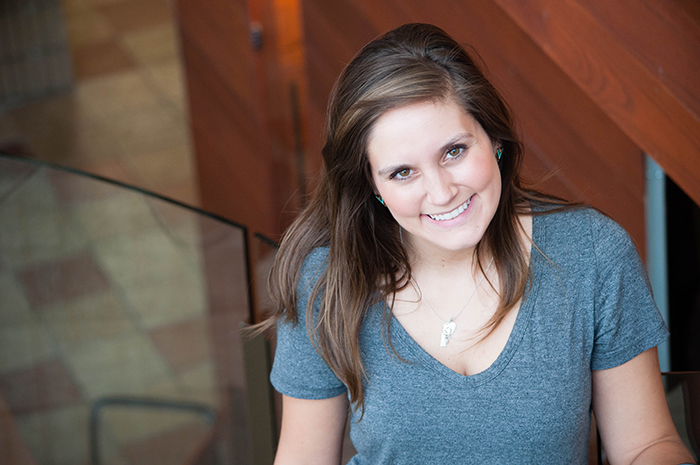
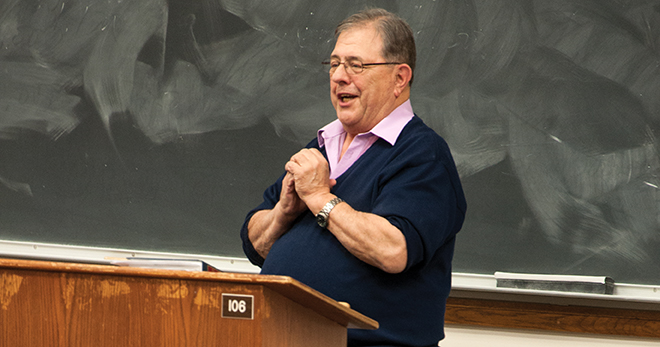
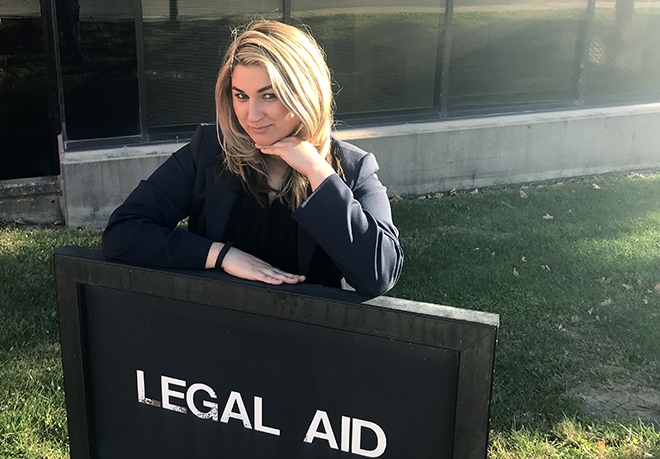
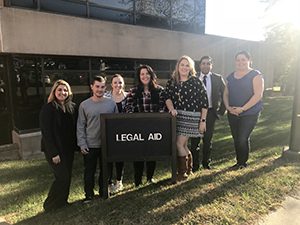 Legal work can be stressful, but the lawyers at my internship last summer were friendly and helpful. They created a calming atmosphere that I feared would not be possible in the Legal Aid Clinic, with competitive law students as interns. That has not been the case. Working in the Legal Aid office is the best part of my week. Almost every time I walk in, I’m greeted with a smile and friendly “Good morning, Rayven” from Barb Wrigley, which starts my day off great. I have worked with two amazing supervising attorneys and some of the most inspiring law students in Green Hall.
Legal work can be stressful, but the lawyers at my internship last summer were friendly and helpful. They created a calming atmosphere that I feared would not be possible in the Legal Aid Clinic, with competitive law students as interns. That has not been the case. Working in the Legal Aid office is the best part of my week. Almost every time I walk in, I’m greeted with a smile and friendly “Good morning, Rayven” from Barb Wrigley, which starts my day off great. I have worked with two amazing supervising attorneys and some of the most inspiring law students in Green Hall.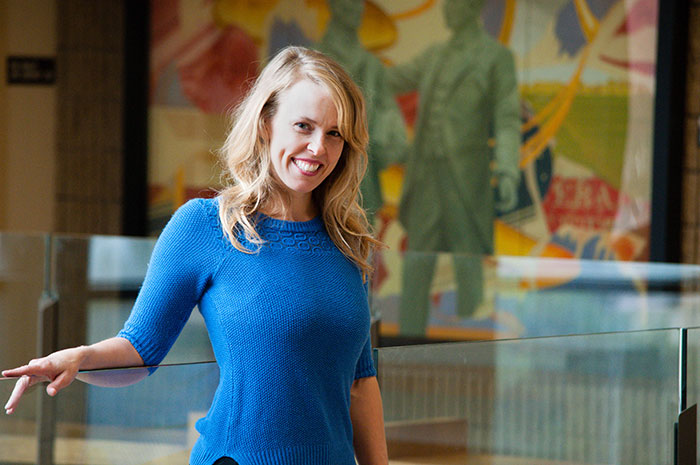
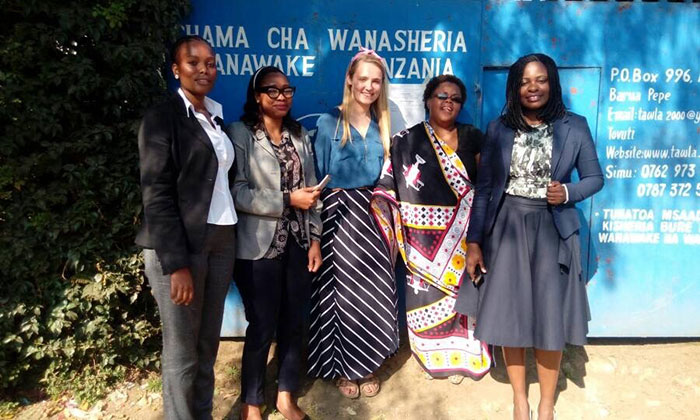
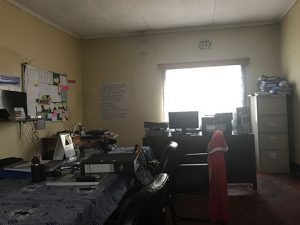
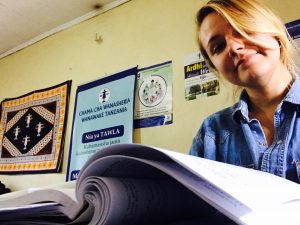
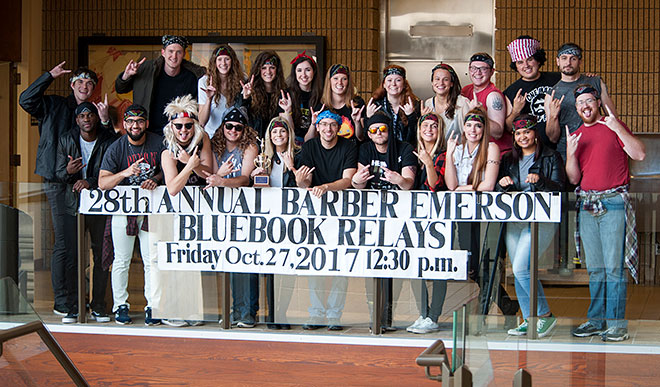
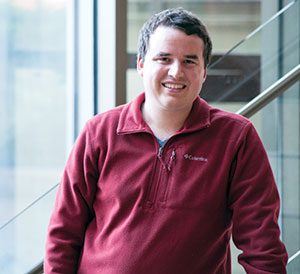 I started my teaching career in Sliven, Bulgaria through the Fulbright program, helping sophomore through senior English language learners perfect their grasp of the language. I tutored students, taught them slang and empowered them to become stronger writers. It was challenging to live and teach in a foreign country, but I grew from adapting to new situations and understanding new cultures. I never knew what my students would say or what would happen in Bulgaria, but I learned to go with the flow.
I started my teaching career in Sliven, Bulgaria through the Fulbright program, helping sophomore through senior English language learners perfect their grasp of the language. I tutored students, taught them slang and empowered them to become stronger writers. It was challenging to live and teach in a foreign country, but I grew from adapting to new situations and understanding new cultures. I never knew what my students would say or what would happen in Bulgaria, but I learned to go with the flow.